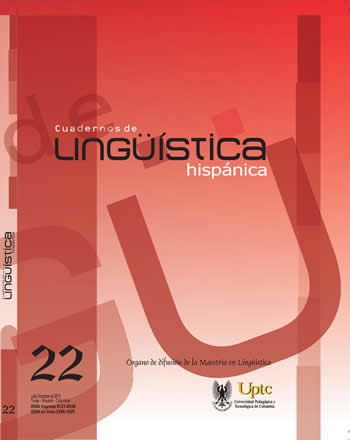Gender Positioning in the Development of EFL activities

Resumen
This article describes an experience related to gender positioning in a group of Fifth Grade students at a public institution of Boyacá. Due to the type of study and its objectives, the focus of the analysis and the interpretation of data applied was the Feminist Post-Structuralist Discourse Analysis (FPDA). The results showed that students use different positioning mechanisms during the development of the activities proposed in class, and that girls have a privileged status in the group. It was also evident that the use of the dictionary is a way to exercise power over others. Social relations in this group have emerged and solidified over time. The results also demonstrated that the positioning of the students has a positive or negative impact on their language learning process. Finally, some conclusions and implications for teachers are suggested in order to improve teaching and social practices in the classroom.
Palabras clave
discourse, gender, positioning, power, language learning
Biografía del autor/a
David Camargo Pongutá
Administrativo Profesional
Oficina Educación Virtual